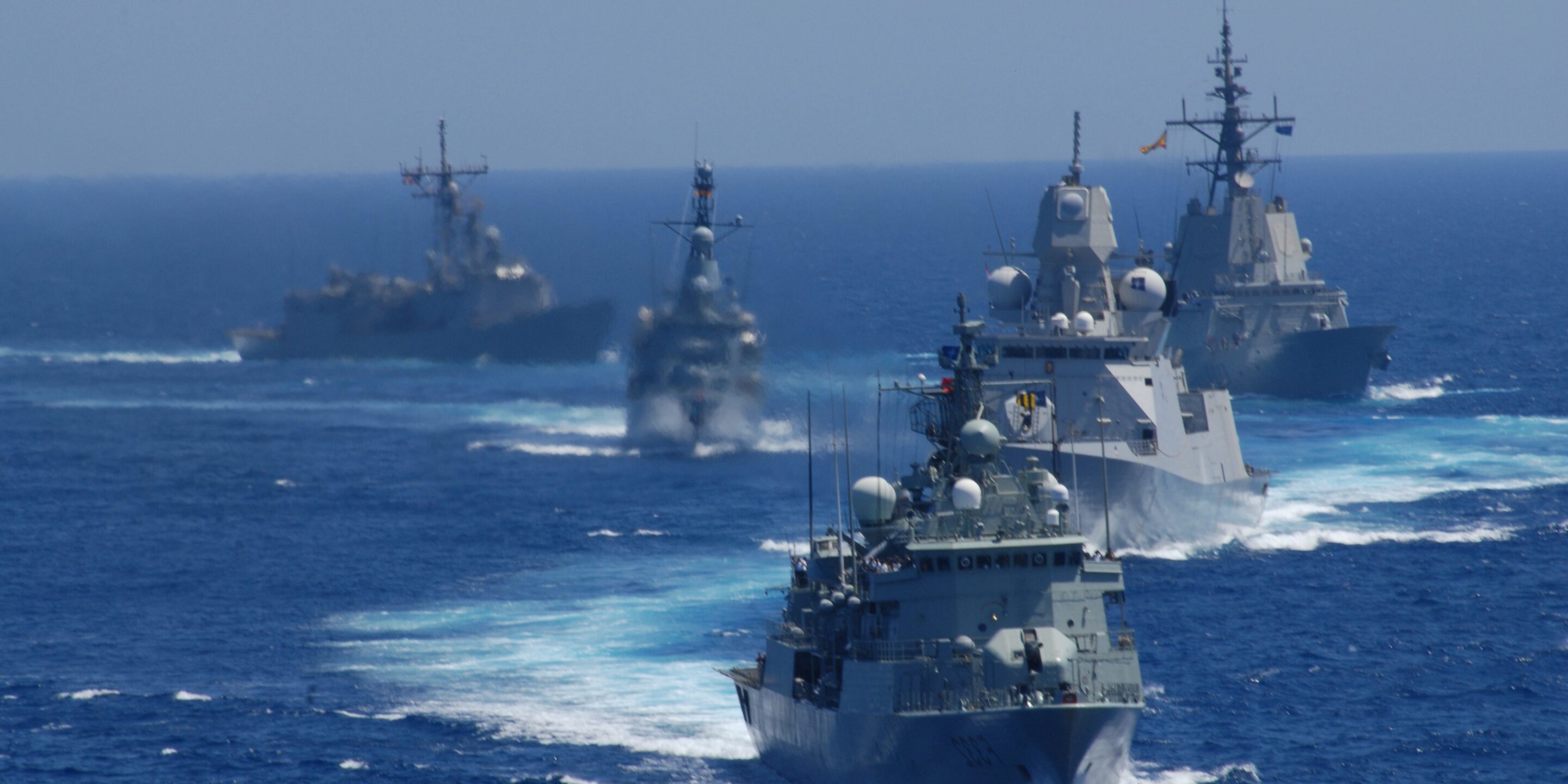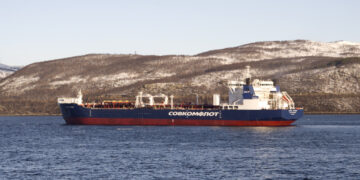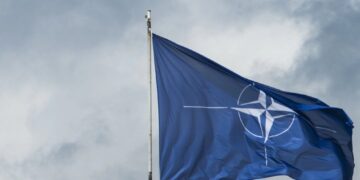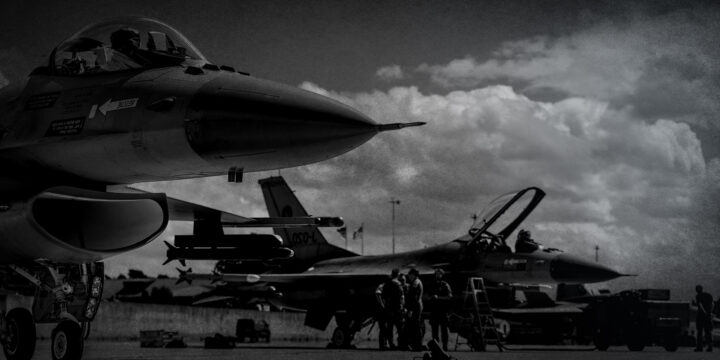
Vital U.S. interests in Europe are limited and secure
- Preventing the rise of a hostile hegemonic rival, primarily through the existing balance of power in the region
- Maintaining access to a prosperous market
Security and economic environment in Europe radically improved in post-Cold War world
- Post-WWII (1945): War-torn western Europe threatened by a Soviet Union that could credibly conquer and organize its industrial base, accrue power—that posed a direct threat to the United States
- Cold War: NATO military alliance (1949)—designed to “keep the Soviet Union out, the Americans in, and the Germans down”—was important for America’s security; balance of power between U.S./NATO and Soviet Union/Warsaw Pact allows for “long peace”
- Cold War ends (1989–1991): USSR overextends, overspends—its economy and collapses, bringing about its dissolution
- “Unipolar moment” begins: U.S. remains forward deployed even though the Cold War ends; Europe prospers but demobilizes due to (1) U.S. security guarantees and (2) vanishing Soviet threat
- Today: Europe safe, prosperous, and free; no other nation-state threatens, Russia a shadow of former USSR; this U.S.-enabled success means current U.S. force posture is misaligned from the strategic situation
Massive U.S. military presence in Europe is a Cold War relic, not based on today’s strategic reality
- EU dominates Russia in key metrics: 3½:1 population, 11:1 GDP, and 4:1 military spending
- Germany-France alone are capable of balancing today’s Russia, let alone NATO-Europe; U.S., U.K., and France deter Russia with nuclear weapons
- U.S. troop presence persists, encouraging Europe to “cheap ride” on U.S. defense welfare; only 6 of 28 non-U.S. NATO members meet 2% of GDP military spending obligation
- NATO military imbalance burdens the U.S.—Europe over-reliant on U.S. for Europe’s security; U.S. forces in Europe have declined from 341K in 1989 to 65K today—they should decline further
Status quo creates weak allies, overextends the U.S.—Europe can and should share burden of its defense
- In a necessary military alliance, America would benefit from strong, capable partners—currently, it is disadvantaged by weak European states
- U.S. protection discourages European autonomy, enables free-riding, and weakens European allies; 22 NATO allies fail to spend 2% of GDP on military, and more important, a small fraction of European assets is readily deployable
- U.S. protection encourages “reckless driving,” where—expecting U.S. military backing—leaders take risks they otherwise would not; this could entangle the U.S. in local conflicts against our interests
- Extending U.S. security commitments to disputed regions in weak states makes it more likely the U.S. is dragged into a war with no direct interest at stake
- NATO expansion—viewed by Moscow as a security threat—harms U.S.-Russia relations and blocks progress on areas of mutual concern, such as arms control and counterterrorism efforts
Wealthy European allies should assume more of the defense burden for Europe
- Halt NATO expansion: Adding weak, vulnerable members increases U.S. security commitments and dilutes NATO’s credibility; adding Ukraine and Georgia would immediately put the U.S. at risk of war with nuclear superpower Russia; expansion should end
- End European Deterrence (Reassurance) Initiative (EDI): EDI is a subsidy started by President Obama in 2014 to reassure rich European allies; it grew to $6.5B in FY 2019—but NATO is Europe’s already deterrent initiative; the U.S. provides too much reassurance already; NATO should retrench and reform to clarify that Europe defends with U.S help, not we defend with their help
- Force NATO-Europe to meet “Four 30s” benchmarks: U.S. Cold War-era military deployments discourage European military investments and integration—reducing U.S. troops will signal to Europe it must get its act together so all members take seriously Article 3 calls to “maintain and develop their individual and collective capacity to resist armed attack”
- Strengthen productive U.S.-Europe engagement: Deepen trade ties, diplomatic cooperation, and intelligence-sharing with Europe
More on Europe

op-edEurope and Eurasia, NATO
January 20, 2026

In the mediaGlobal posture, Europe and Eurasia, Grand strategy
Featuring Jennifer Kavanagh
January 20, 2026

op-edRussia, Ukraine‑Russia
January 8, 2026
In the mediaGrand strategy
Featuring Daniel Davis
January 7, 2026
Featuring Daniel Davis
January 6, 2026
Events on NATO

virtualNATO, Alliances, Deterrence, Europe and Eurasia, Nuclear weapons
July 2, 2024


